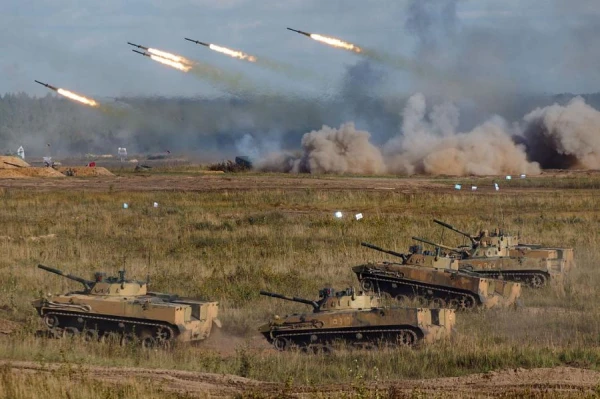
During the military exercises of Russia and Belarus "West 2025" held in September, six key narratives were spread in the Russian information space — among them the thesis of military unity between the two countries, the assertion of NATO's preparation for war under the guise of peaceful initiatives, and the positioning of Ukraine as a source of regional instability and a threat to all neighbors, established the Baltic Center for Investigative Journalism Re:Baltica and the Belarusian Press Club of Journalists Media IQ operating in exile, writes LETA.
Studying the narratives spread in both countries in connection with the "West-2025" exercises, researchers concluded that six main messages dominated in Russia. First, the demonstration of allied unity — the exercises of Russia and Belarus were presented as a manifestation of military unity and readiness for joint defense. Re:Baltica emphasizes that this narrative absolutely prevailed in all analyzed types of Russian media.
The second narrative was the threat of nuclear weapon use as a means of deterrence. Unlike the defensive first narrative, this one carried an element of threat, although it was veiled under the rhetoric of "limitations."
The third narrative was the claim that NATO is preparing for war under the guise of peace.
The fourth narrative portrayed Ukraine as a provocateur — a source of regional instability threatening all neighboring countries.
The fifth narrative was technological superiority. The media created an image of Russia's technological advantage over the West, which was used as a compensating factor against the backdrop of the protracted war in Ukraine.
Finally, the sixth narrative was the exercises as a possible cover. Researchers note that this was the most unobtrusive, but perhaps the most effective message. It was not directly articulated by Russian sources but actively exploited Ukraine's fears.
In Belarus, three main narratives were highlighted. The first, for foreign policy consumption — "a peace-loving state." Emphasis was placed on the fact that "West 2025" has an exclusively defensive nature. The central idea is that peace can be enforced by force. Belarus was portrayed as a responsible partner willing to make concessions to reduce tensions.
As researchers note, an important feature of this narrative was the demonstration of openness — inviting observers, accrediting foreign journalists — in contrast to the presumed secrecy of the West.
For domestic consumption and mobilization, the narrative of the "invincible fortress" was used. It dominated in Telegram channels and several military publications. The focus was on demonstrating strength and readiness to use it against any aggressor. A characteristic feature was technical fetishism — detailed descriptions of weapons and military procedures aimed at enhancing the sense of technological superiority, researchers conclude.
The third narrative was "solidarity of the Union," which permeated all media content. As Re:Baltica emphasizes, it is best illustrated by the wording of the BELTA agency: "Finally, as it should be: we are together. Thus, the first Belarusian-Russian exercises 'West' took place."
This narrative actively utilized the symbolism of World War II. The military publication "In Glory to the Motherland" wrote about the "heirs of the generation of victors," presenting the military cooperation of the two countries as a continuation of their ancestors' struggle against the "Western threat."
The alliance with Russia was presented as a natural and inevitable reaction to external threats. Russian military personnel were referred to exclusively as "defense partners" and "allies."
An important component of the narrative was the emphasis on common threats and common goals, notes Re:Baltica.
Researchers emphasize that for the regime of the self-proclaimed president of Belarus, Alexander Lukashenko, an important outcome is the society's readiness for further militarization. It is perceived as a natural and necessary response to external threats. This is particularly evident from the changing attitudes towards military spending and conscription, as well as the growing popularity of military-patriotic events. If previously these topics caused a certain rejection in society, after the information campaign around "West-2025," they are perceived as an inevitable cost for the security of the state, notes Re:Baltica.
The "culture of readiness" manifests itself in increased interest in military themes, the growing popularity of military-patriotic events, and changing attitudes among youth towards mandatory service, emphasizes Re:Baltica.
Comparing the messages from the two countries, researchers conclude: while Belarusian state media tried to appear diplomatic, emphasizing "peacefulness" and "defense" and avoiding mentioning specific countries, Russian channels were much more aggressive.
The difference is particularly noticeable in the topic of nuclear weapons. While Belarusian media spoke vaguely about "deterrence," Russian channels used a "warming up" tactic — gradually preparing society to perceive such a possibility, notes Re:Baltica.
Official media in Belarus and Russia played the role of "good cops" — diplomatic, open, and peace-loving. At the same time, Russian Telegram channels acted as "bad cops," voicing what official sources did not say, researchers conclude.
The mentioned study was conducted by Media IQ in collaboration with Re:Baltica based on an analysis of Belarusian state media and pro-government Telegram channels from July to the end of September 2025.
To determine what narratives were spread in Russia regarding the "West-2025" exercises and how the media conveyed them to a multimillion audience, their coverage in Russian media and Telegram channels was analyzed from September 1 to 16, 2025.
As previously reported, it was officially announced that the "West 2025" exercises took place from September 12 to 16, but the actual events began as early as July, and they are likely to conclude with strategic nuclear exercises in October or November, as previously noted by the Military Intelligence and Security Service.
During these exercises, no serious incidents were recorded on the territory of Latvia; however, the Ministry of Defense will continue to monitor the situation even after their completion, as previously reported to the LETA agency by Defense Minister Andris Spruds.

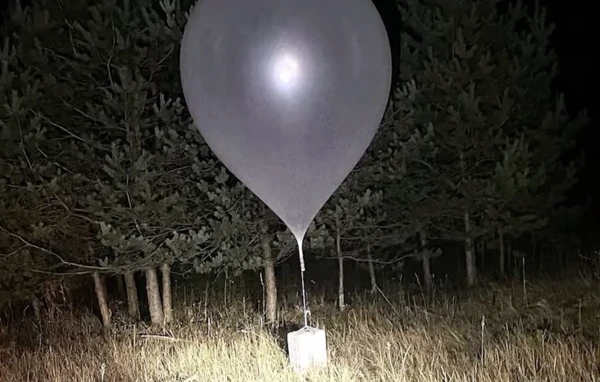

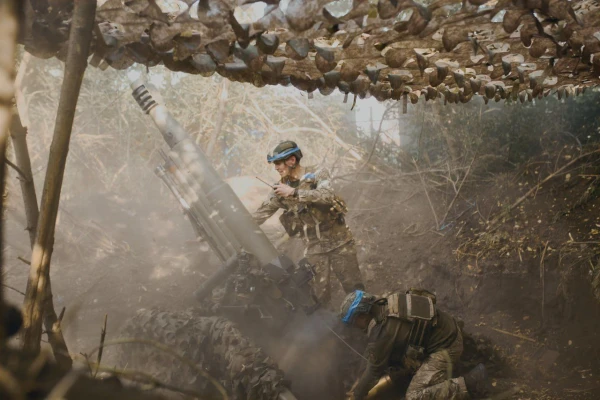
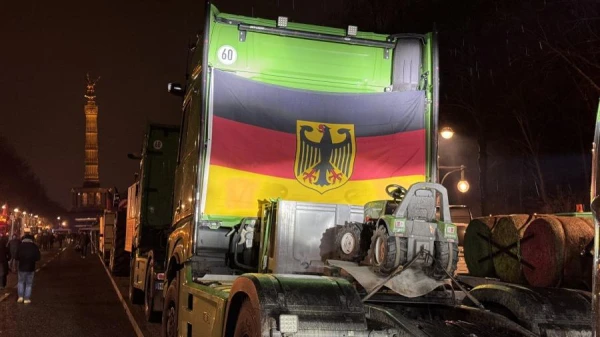
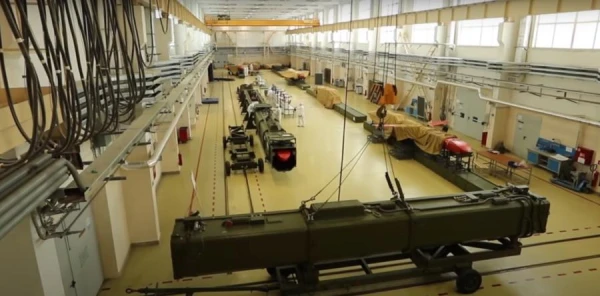
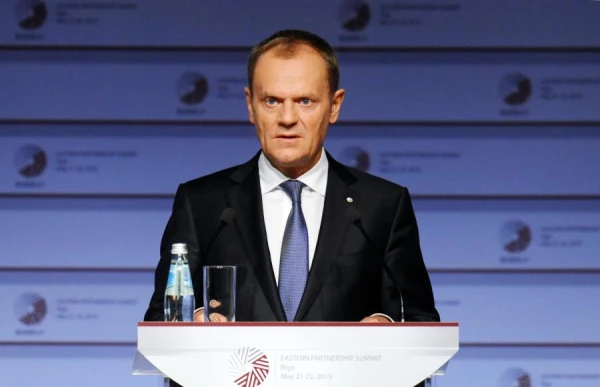
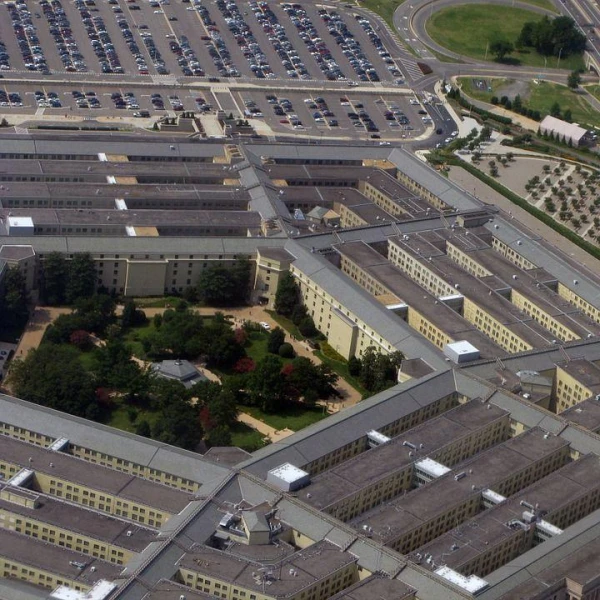
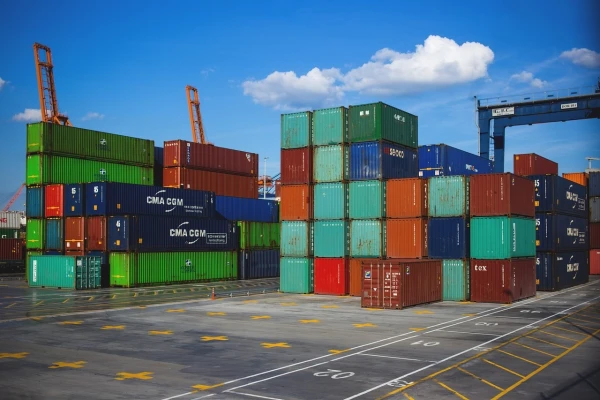



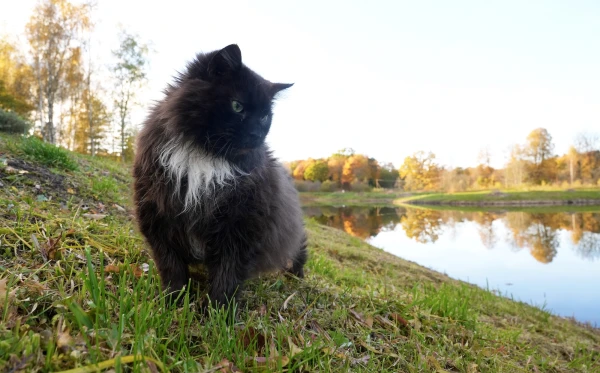

Leave a comment